Inflammation is the body’s natural response to injury or infection, a vital part of the healing process. However, when inflammation becomes chronic, it can lead to various health issues, from arthritis to heart disease. Fortunately, certain foods are known for their anti-inflammatory properties, which can help manage and reduce chronic inflammation. This article explores seven potent foods that can significantly lessen inflammation, enhancing overall health and well-being.
Contents
Berries
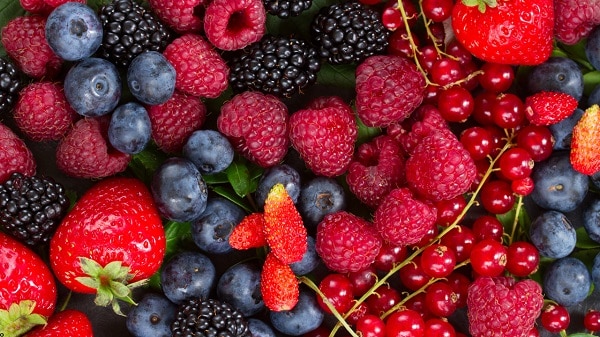
Berries such as blueberries, strawberries, and raspberries are powerhouse fruits packed with vitamins, minerals, and antioxidants, which are essential for reducing inflammation. These small but mighty fruits contain anthocyanins, antioxidants that give berries their vibrant colors and have been shown to reduce inflammation markers. Regular consumption of berries can not only help lower inflammation but also boost the immune system and improve skin health due to their high vitamin C content.
Incorporating berries into your diet is simple and versatile. They can be eaten raw, added to yogurts or cereals, blended into smoothies, or baked into healthy desserts. Including a variety of berries in your daily diet can maximize the anti-inflammatory benefits, helping to manage chronic conditions and contribute to a healthier, more vibrant life.
Fatty Fish

Fatty fish like salmon, mackerel, and sardines are rich in omega-3 fatty acids, which are celebrated for their strong anti-inflammatory effects. These essential fats cannot be produced by the body and must be obtained through diet. They are known to reduce the production of inflammatory substances, significantly lowering the risk of inflammation-related diseases such as heart disease and arthritis.
To effectively incorporate fatty fish into your diet, aim for at least two servings per week. This ensures an adequate intake of omega-3 fatty acids to help reduce systemic inflammation. Preparing fatty fish can be as simple as grilling or baking with a touch of olive oil and herbs, making it both a delicious and a health-promoting choice in any meal plan.
Broccoli
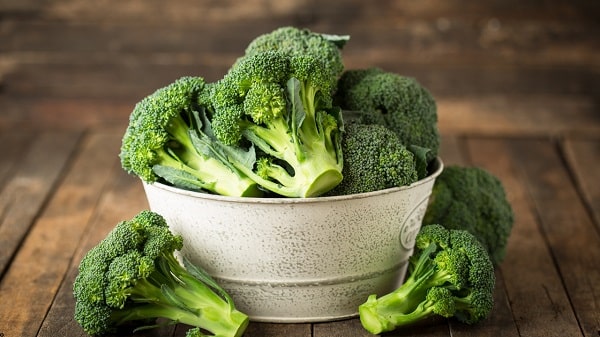
Broccoli is not only high in vitamins K and C but also rich in antioxidants that help fight inflammation. One of the key components of broccoli is sulforaphane, an antioxidant that combats inflammation by reducing levels of cytokines and NF-kB, which drive inflammatory processes. This cruciferous vegetable is a staple in the diet of health-conscious individuals due to its numerous health benefits.
Including broccoli in your diet can be both easy and tasty. It can be steamed, stir-fried, or eaten raw in salads. For maximum benefits, it’s best to consume broccoli alongside healthy fats like olive oil, which can increase the absorption of its fat-soluble vitamins and nutrients. Regular consumption of broccoli can significantly contribute to reducing inflammation and protecting against chronic disease.
Avocados
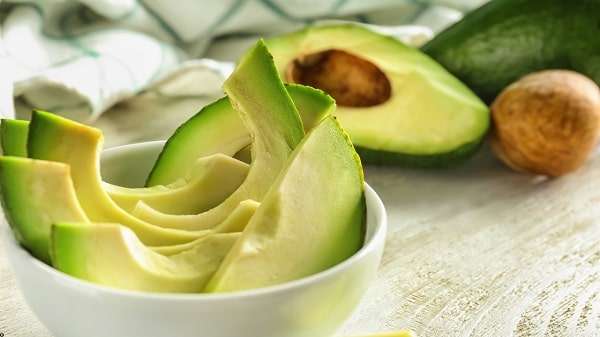
Avocados are highly praised for their health benefits, which include powerful anti-inflammatory properties. They are a nutrient-dense fruit loaded with fiber, potassium, magnesium, and heart-healthy monounsaturated fats. Avocados also contain compounds that significantly reduce inflammation in young skin cells, showcasing their benefits for both internal and skin health. Their richness in various nutrients makes avocados an excellent food for combating inflammation and supporting overall wellness.
Integrating avocados into your diet is both easy and delicious. They can be used in smoothies to add creaminess, sliced onto salads or sandwiches for extra flavor, or mashed into guacamole. Due to their versatile flavor and texture, avocados can enhance nearly any meal, providing both nutritional benefits and culinary enjoyment. Their regular consumption can be a delightful way to help manage inflammation naturally.
Green Tea
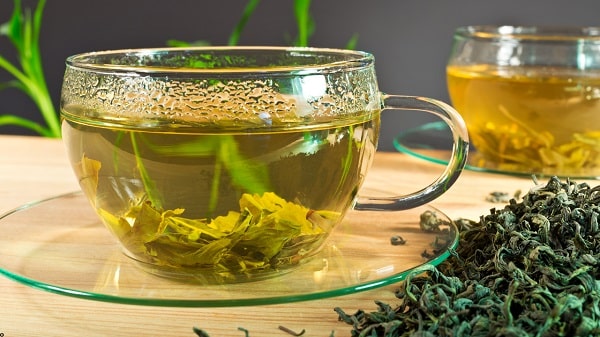
Green tea is renowned for its anti-inflammatory effects, primarily due to its high content of epigallocatechin gallate (EGCG). EGCG is a type of catechin which studies have shown can reduce inflammatory markers in the blood. Green tea is also rich in antioxidants that protect the body from cellular damage and support overall health. Its consumption has been linked to a variety of health benefits, including improved heart health and reduced risk of certain cancers.
To fully benefit from green tea, it is recommended to drink three to four cups per day. This can help maximize the intake of its anti-inflammatory and antioxidant properties. Brewing green tea for the right amount of time—about three minutes—ensures that it retains its healthful substances without developing a bitter taste. Whether enjoyed hot or cold, green tea can be a soothing, therapeutic addition to a daily routine focused on reducing inflammation.
Peppers

Peppers, both bell and chili varieties, are excellent foods for fighting inflammation due to their high concentrations of vitamins and antioxidants. Bell peppers are rich in vitamin C and bioflavonoids that help reduce oxidative stress and inflammation. Chili peppers contain capsaicin, a compound known to block inflammation pathways in the body. Regular consumption of peppers can, therefore, play a significant role in managing inflammation and can contribute to the prevention of chronic diseases.
Including peppers in your diet can add flavor and color to any dish. They can be sliced into salads, stir-fries, or roasted and stuffed as a main course. For those sensitive to spicy foods, bell peppers provide the anti-inflammatory benefits without the heat. Peppers not only offer a variety of health benefits but also elevate the taste and appearance of dishes, making them a popular choice for a healthy, anti-inflammatory diet.
Turmeric
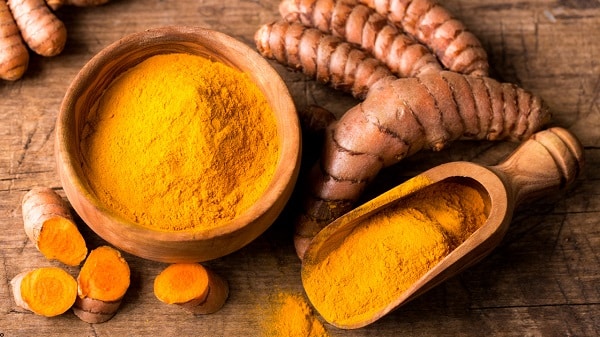
Turmeric is a spice that has gained extensive recognition for its potent anti-inflammatory properties, primarily due to curcumin, its active compound. Curcumin has been extensively studied and shown to be an effective anti-inflammatory agent, comparable in some cases to pharmaceutical options but without the side effects. It helps in reducing inflammation by blocking the molecules that travel into the nuclei of cells and turn on genes related to inflammation. This makes turmeric an invaluable addition to a diet aimed at managing inflammation and enhancing overall health.
However, curcumin is not easily absorbed by the body on its own. To enhance its bioavailability, it’s recommended to consume turmeric with black pepper, which contains piperine, a natural substance that enhances the absorption of curcumin by up to 2,000%. Incorporating turmeric into your diet can be as simple as adding it to smoothies, making golden milk, or using it in curries and stews. Regular intake of turmeric, especially when combined with black pepper, can significantly amplify its anti-inflammatory effects and contribute to better health outcomes.
Embracing Anti-Inflammatory Foods for Better Health
From the heart-healthy fats in avocados and fatty fish to the powerful antioxidants in berries and green tea, each food offers unique benefits that promote overall health and well-being. By embracing these dietary changes, not only can you help alleviate inflammation, but also enhance your body’s natural defenses against disease. Start experimenting with these foods in your meals and enjoy both their health benefits and delicious flavors.


